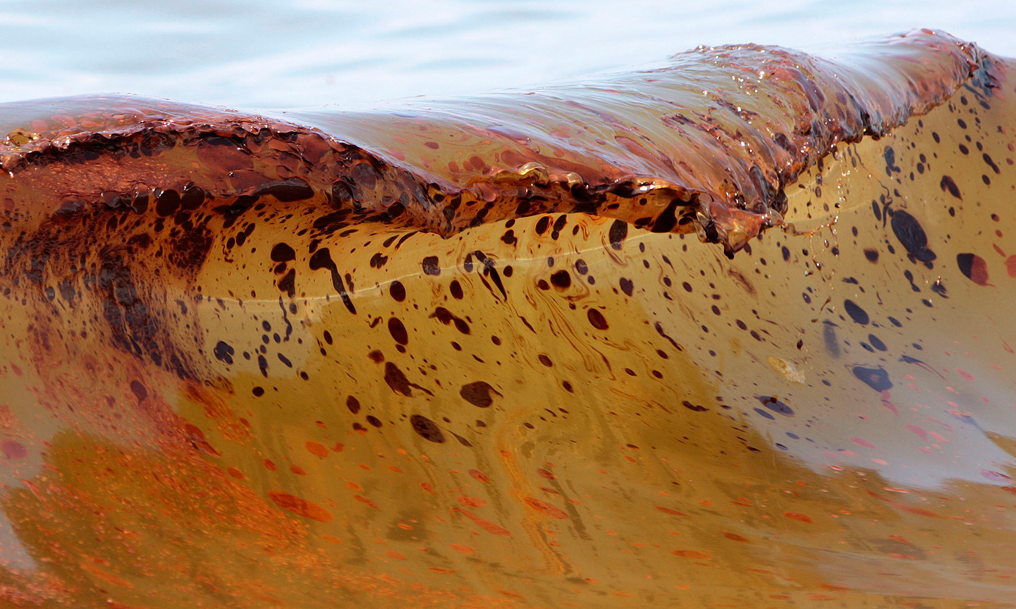Phys.org
Study: Dispersants did not help oil degrade in BP spill
November 9, 2015 by By Seth Borenstein
After the 172 million gallon (650 million liter) spill, the chemical dispersant Corexit 9500 was applied by airplane on the slick to help it go away and help natural microbes in the water eat the oil faster. The oil appeared to dissipate, but scientists and government officials didn't really monitor the microbes and chemicals, said University of Georgia marine scientist Samantha Joye.
So Joye and colleagues recreated the application in a lab, with the dispersant, BP oil and water from the gulf, and found that it didn't help the microbes at all and even hurt one key oil-munching bug, according to a study published Monday in the journal Proceedings of the National Academy of Sciences.
"The dispersants did a great job in that they got the oil off the surface," Joye said. "What you see is the dispersants didn't ramp up biodegradation."
In fact, she found the oil with no dispersant "degraded a heckuva lot faster than the oil with dispersants," Joye said.
Read More Here
......................................................................................................
Dispersants Did Not Help In BP Spill, Half Of Oil Not Accounted For: Study
Read More Here










